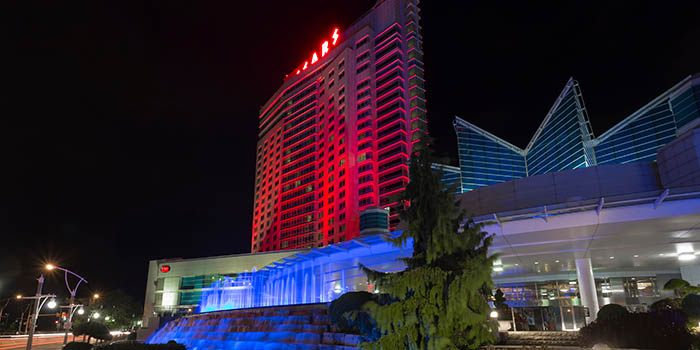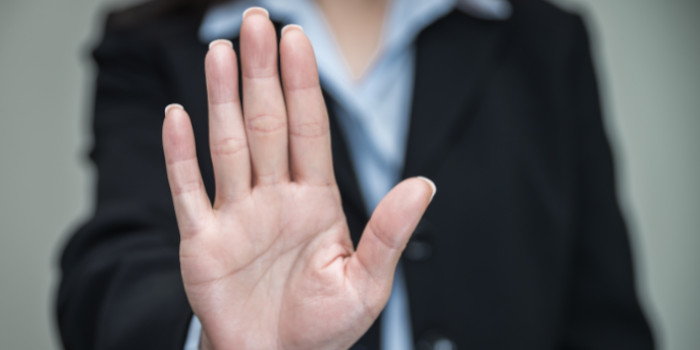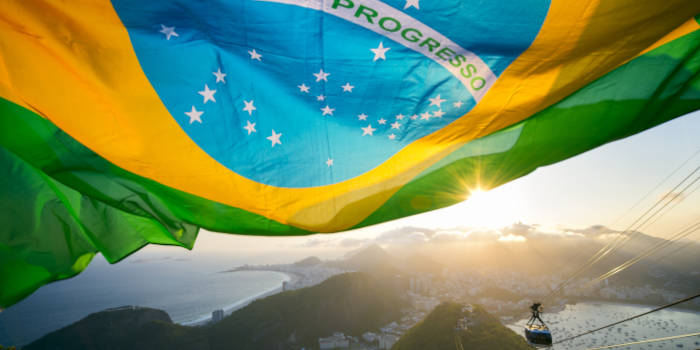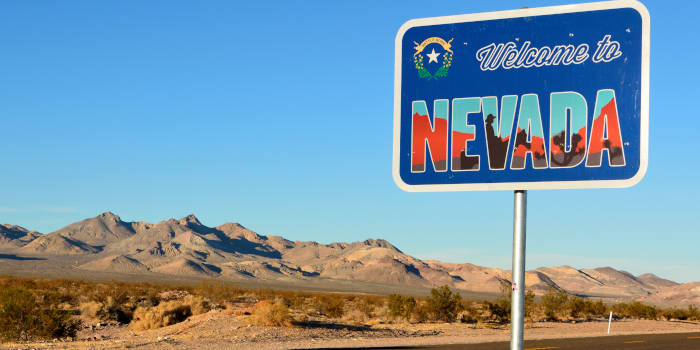Responsible Gambling: Where Business Meets Ethics
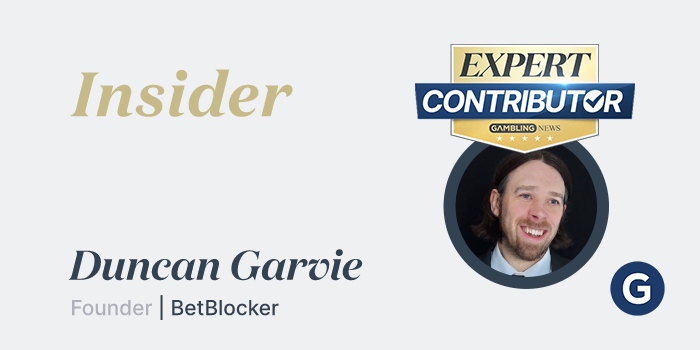
I founded the harm minimisation gambling charity, BetBlocker. The investment to develop the software came straight out of the small business I owned at the time. It later was broken off as a charity because the service became very popular, and the business could not sustain the continued growth of a free service. We did not want to charge, so becoming a charity was the right decision.
BetBlocker offers what is known as ‘blocking software’. An app that users can download onto their phone, tablet, or computer that stops them from accessing gambling services. There is a strong stigma attached to gambling addiction and people affected by gambling-related harm can be very apprehensive about being labelled a gambling addict. As a charity, BetBlocker does not require the user to register an account (it can be used anonymously) and is free to use, this is one of our strengths; we don’t store data from our users.
There are two block types available. Firstly, the ‘classic’ block, is a crisis response tool. It allows the user to put in place a continuous block. It is generally used after a significant monetary loss, as an effort to take back control and prevent further fiscal harm.
The second block, our Calendaring Feature, is a harm prevention/ minimisation tool. It allows users to schedule when they would like the block to be active. So, if a user wants to ensure their bills are paid before they gamble, or feels that they are particularly vulnerable to overplaying at a specific time, they can schedule in advance when they would like to be restricted. It facilitates people engaging with gambling responsibly, preventing crises from occurring.
Alongside our blocking software, we’ve recently launched our Responsible Gambling Directory. This resource is an effort to better channel users to other support services. It includes more than 1,000 organisations that can assist those impacted by gambling harm. It is broken down into six types of support and will only show users support agencies that will help people in their country.
BetBlocker is only one example of how the industry is growing and changing. In my role as trustee and founder of the charity, more and more commonly I am coming into contact with individuals and departments within iGaming organisations that are proactively looking for us to work with them to ensure that user uptake of the BetBlocker tool is maximised.
It turns out there may be legitimate financial reasons for the industry to prioritise protecting vulnerable players. Recent studies funded by the Kindred Group (best known as the owners of 32Red and Unibet) have shown that where players are encouraged to set voluntary limits on their play, those players show increased loyalty to the brand. By working to protect players and minimise harm, gambling operators are rewarded with brand loyalty.
The point I would make is this: it seems increasingly likely that there exists a nexus point, a position where taking care of your customers and protecting them from gambling harm actually improves the long-term sustainability and profitability of operators; where financial and ethical incentives align in a manner that promotes gambling within safe and healthy limits.
You will find no argument from me that there have been legitimate and justified reasons for some of the big fines that the UKGC has handed out to gambling operators. But I would contest that there are many people in the industry, just like me, who are trying to make things better. And with growing evidence of financial incentives for the industry to work towards a better and more sustainable future, why wouldn’t they? The gambling industry in the UK is reaching a level of maturity where most of the operators understand that the wellbeing of their players is their best investment
I founded the harm minimization gambling charity, BetBlocker. The investment to develop the software came straight out of the small business I owned at the time. It later was broken off as a charity because the service became very popular, and the business could not sustain the continued growth of a free service. We did not want to charge, so becoming a charity was the right decision.




